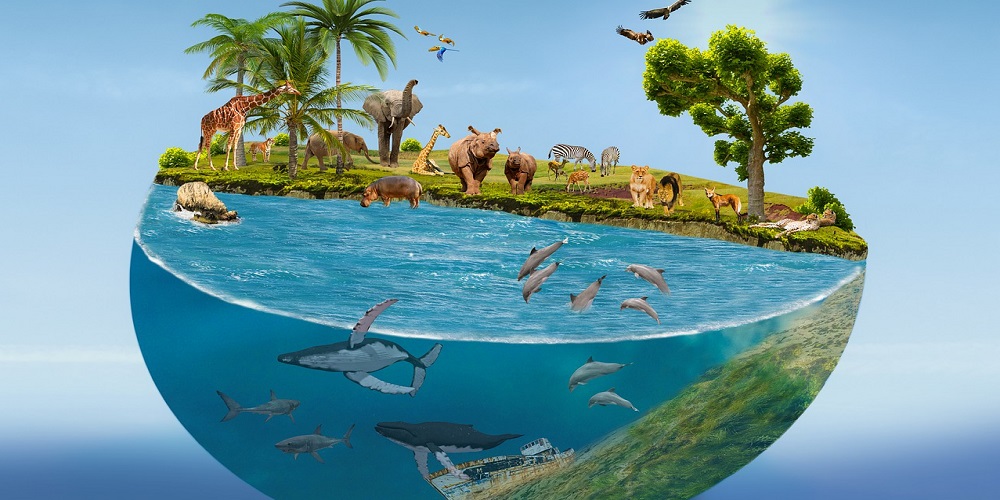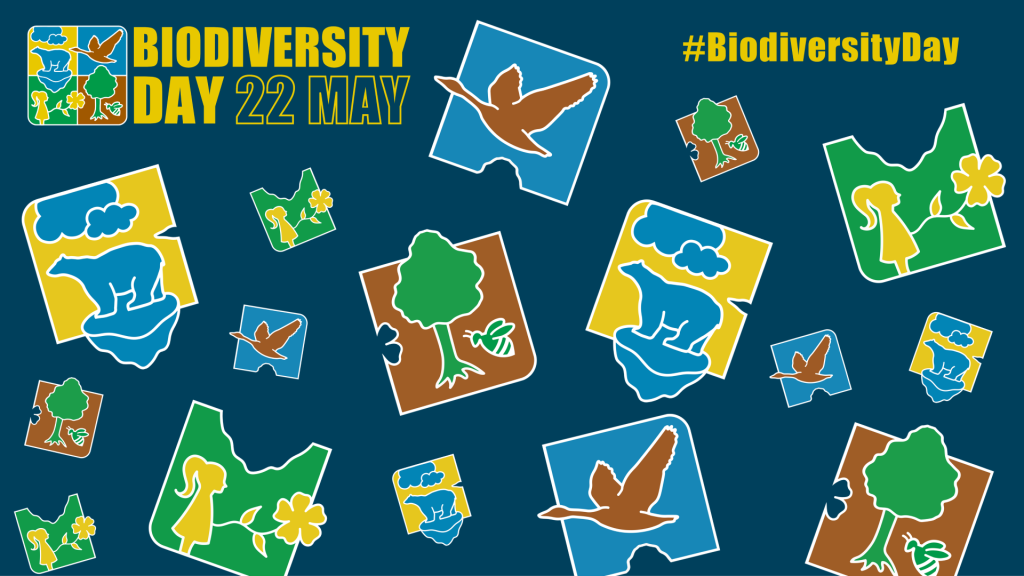
From Agreement to Action: Build Back Biodiversity. The world celebrated International Day for Biological Diversity on May 22. This year’s theme emphasized on the importance of taking meaningful action to restore and conserve biodiversity, beyond simply making pledges. Particular attention going forward, is being paid to actively restoring and protecting biodiversity, as opposed to just declaring it in principle.
What is Biodiversity?
Biodiversity refers to the vast variety of living organisms, from plants and animals to microorganisms, and the environments they inhabit. Biodiversity plays a key role in providing essential services like pollination, nutrient cycling, water purification, and climate regulation. Additionally, biodiversity is important for its cultural, aesthetic, and economic significance, as it supports sustainable progress and livelihoods.
Global Biodiversity Framework
The United Nations Biodiversity Conference (COP15) held in Montreal, Canada, in December 2022 resulted in the adoption of the Kunming-Montreal Global Biodiversity Framework (GBF). The GBF has ambitious goals to address biodiversity loss, restore ecosystems, and protect indigenous rights. According to an article published by the UN Environment Programme (UNEP), the plan includes concrete measures to halt and reverse nature loss, such as protecting 30 per cent of the planet and 30 per cent of degraded ecosystems by 2030. It also proposes increasing finance to developing countries to ensure the implementation of these measures. Thus, the GBF serves as an effective blueprint to preserve biodiversity and conserve our natural environments.
Why the Urgency?
The planet is facing an alarming decrease in biodiversity due to human activity. The imminent threat of extinction for various plants and animals requires immediate action. This decline is largely due to deforestation, overfishing, and the burning of fossil fuels. These activities are causing an imbalance in natural systems and have resulted in an increase in greenhouse gases, which are contributing to climate change. As climate change leads to warmer temperatures and rising sea levels, more floods, droughts, and other extreme weather events are becoming more frequent. This in turn is causing natural disasters, displacement of people, and a disruption of the natural resources that are essential for human life. With only seven years to reach the ambitious goals established in the Global Biodiversity Framework, the current progress is inadequate.
Call to Action
Great emphasis must be put on a nature-positive world and fostering a comprehensive understanding and awareness of the issue at all levels. In order to protect nature and reverse the effects of human activity on the planet, governments must take effective measures to reduce emissions, protect wildlife, and promote sustainable development by updating action plans. The funding gap must be given top priority, necessitating the development of financial plans. Financing biodiversity will be essential for the successful implementation of the Global Biodiversity Framework’s objectives.
“We must create a nature-positive world by 2030 by halting and reversing biodiversity loss so there is more nature in the world then than there was in 2020. This requires immediate conservation actions and immediate increases in financial flows. It is everyone’s problem, and we need everyone to work on it together. We won’t meet biodiversity, climate or development goals without it.”
Dr Harvey Locke
